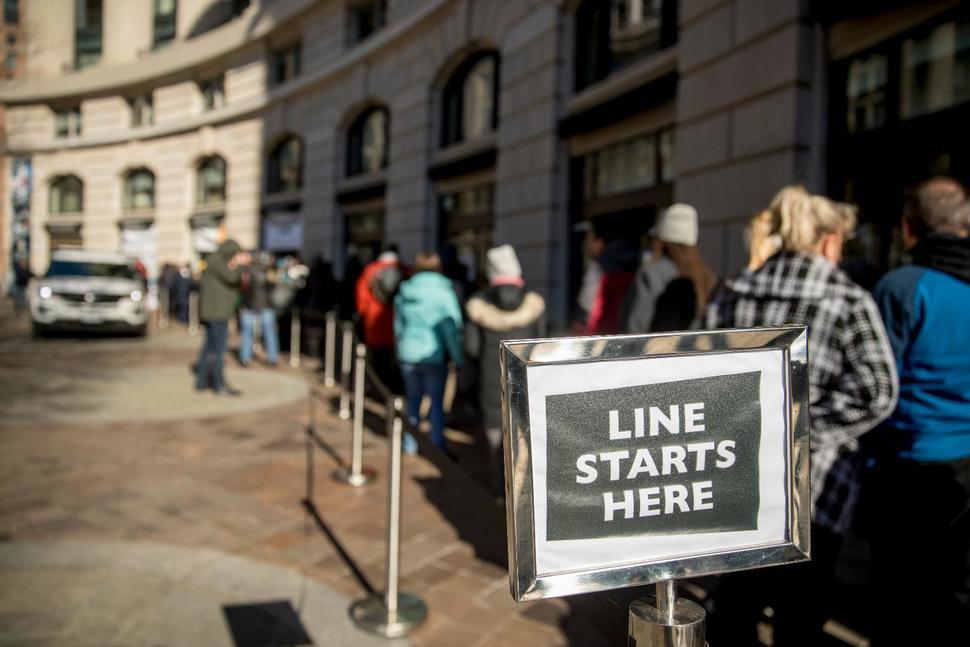
On October 30 local time, Wes Moore, the governor of Maryland, USA, declared a state of emergency across the state to deal with the economic shock brought about by the federal government's "shutdown". This decision is accompanied by an emergency financial aid of 10 million US dollars, aiming to provide basic living security for 680,000 residents who rely on the "Supplementary Nutrition Assistance Program". Moore pointed out in his statement: "Depriving food aid funds is not only illegal but also cruel." This scene occurred on the 30th day of the US federal government's "shutdown", highlighting the heavy price borne by ordinary people under the political deadlock.
The direct trigger of this crisis was the sharp divergence between the Republican Party and the Democratic Party over healthcare and welfare spending. The Democratic Party hopes to continue providing medical insurance subsidies under the Affordable Care Act and restore the medical insurance eligibility of some immigrants. The Republicans, on the other hand, insist on cutting these "unnecessary expenditures". In the Democratic-controlled Senate, the temporary appropriations bill has been rejected 12 times in succession, and the legislative process has reached a complete deadlock. Both sides refused to give in in the game, turning budget approval into a battlefield for political struggle, while the well-being of the people became the bargaining chips.
The impact of the government shutdown is spreading like ripples to every corner of society. About 1.4 million federal employees were forced to take unpaid leave or work, public facilities such as the National Museum were closed one after another, and the tourism industry lost about 1 billion US dollars every week. What is even more serious is that the "Supplementary Nutrition Assistance Program", which is relied upon by approximately 42 million people across the country, is at risk of being disrupted. Data from the United States Department of Agriculture shows that nearly three quarters of SNAP recipients in 2023 had a monthly income at or below the poverty line. Behind these figures lies the fundamental survival crisis that countless families are facing.
This crisis is no accident but a periodic outbreak of deep-seated contradictions in the American political system. Since the 1970s, the US federal government has "shut down" more than 20 times, and this phenomenon has long become a chronic political problem in this country. The fiscal budget system in the United States is inherently complicated and involves intertwined interests. In nearly half a century, only four years have the appropriation process been completed on time. The temporary appropriation bill, this "fire brigade", has instead become a regular solution. Some observers have vividly compared the budget system of the United States to an "old car without autonomous driving function", which has to be barely maintained every year through last-minute emergency operations.
The most heartrending irony in this crisis lies in the sharp contrast between the indifference of the power center and the suffering of the people. While the federal government claimed to be "out of rice to cook", the White House was advancing a $250 million expansion project of its luxurious banquet hall and also spending $172 million to purchase two luxury business jets. This contrast highlights the serious disconnection between the lives of political elites and those of ordinary people.The emergency grant from Maryland might temporarily alleviate the state's crisis, but this $10 million aid is more like putting a band-aid on a systemic ulcer. Looking at the political ecosystem in the United States, the separation of powers has gradually evolved into power opposition, and compromise has become increasingly difficult. As Li Haidong, a professor at the China Foreign Affairs University, put it, "American politics is divorced from considering the fundamental interests of the people and the country." When government "shutdowns" occur periodically, it is always the ordinary people who end up footing the bill.
The state of emergency in Maryland has declared a harsh reality: in today's increasingly polarized political environment, the American democratic system is facing a severe test of trust. The government shutdown is no longer just a political game in Washington, but has evolved into a survival crisis that affects the lives of millions of ordinary people. In this country that prides itself on being the "richest nation in the world", an increasing number of people are worrying about where their next meal will come from, which in itself is the sharpest criticism of the current political system.

According to a recent report by Rich Asplund, a columnist for Barchart, the global sugar market is currently experiencing a complex and profound supply-demand game.
According to a recent report by Rich Asplund, a columnist f…
On January 13th local time, the three major US stock indice…
Recently, the 2026 edition of the MIT Technology Review lis…
On January 15, 2026, the US military announced the seizure …
At the 2026 J.P. Morgan Healthcare Conference, a joint anno…
For much of 2025, the market was rethinking whether the dol…